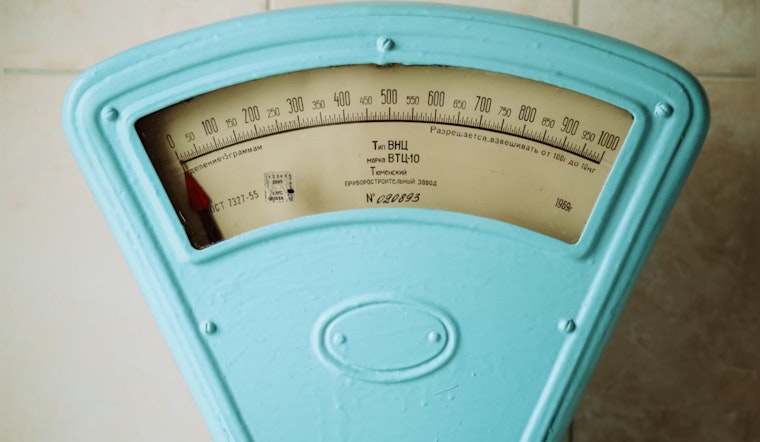
As the New Year unfolds, many folks are doubling down on their health and weight loss resolutions. However, the age-old benchmark of BMI (Body Mass Index) is now being scrutinized by health experts who suggest that it may not be the holy grail of fitness goals. According to a Harvard Gazette article, professionals are advocating for a more nuanced take on health assessments, one that doesn't solely rely on this centuries-old metric.
It turns out BMI, a simple calculation based on height, weight, and sex, was never intended to be a one-size-fits-all yardstick. "It really got its origins from a Belgian statistician by the name of Adolphe Quetelet", Fatima Cody Stanford, an obesity doctor and Harvard Medical School professor, told the Harvard Gazette. The goal of Quetelet, who wasn't originally even targeting such a universal audience, was to quickly to assess health risks for a specific group—white Scottish soldiers back in the 1800s. Fast forward to the current day, and the American Medical Association has triggered new discussions by officially recognizing BMI's flaws in a clinical setting, particularly regarding racial and ethnic differences, as well as age and gender.
Despite its pitfalls, BMI has remained a staple in health assessments, in part due to its simplicity. "For tracking changes in populations over time, it’s pretty much all we’ve got," Harvard T.H. Chan School of Public Health’s professor of epidemiology and nutrition, Walter C. Willett, said. The index became widely used after insurance companies picked it up in the '30s and '40s, with a significant boost in the '70s from physiologist Ancel Keys who propagated it in health research circles.
Yet, there's a growing chorus discrediting BMI as too reductionist for individual health assessment. "Working with an individual patient I say, ‘Let’s look at who you are, as it relates to this number,’” Stanford explained in the Harvard Gazette. "How does this number relate to your cholesterol values? How does this number relate to your blood sugar?". Other experts are pushing for better methods like DEXA scans, known to be more precise in measuring body fat but are less practical in clinical settings due to their complexity.
However, as Frank Hu, chair of the Department of Nutrition at the Chan School notes, discrepancies in BMI accuracy do not affect most people significantly. "In an analysis of a nationally representative sample, we observed a strong correlation (0.90) between BMI with DEXA-measured body fat mass", Hu stated. Yet, the imperative remains that one's health should not be measured in isolation. He emphasized that BMI "should always be interpreted alongside other health parameters".
In closing, Stanford offers some sage advice for those navigating their health journeys. "Please compare yourself to no one but yourself," she suggests. It's a call for a personalized approach to health, one that recognizes the limitations of BMI and embraces a broader perspective on well-being.









